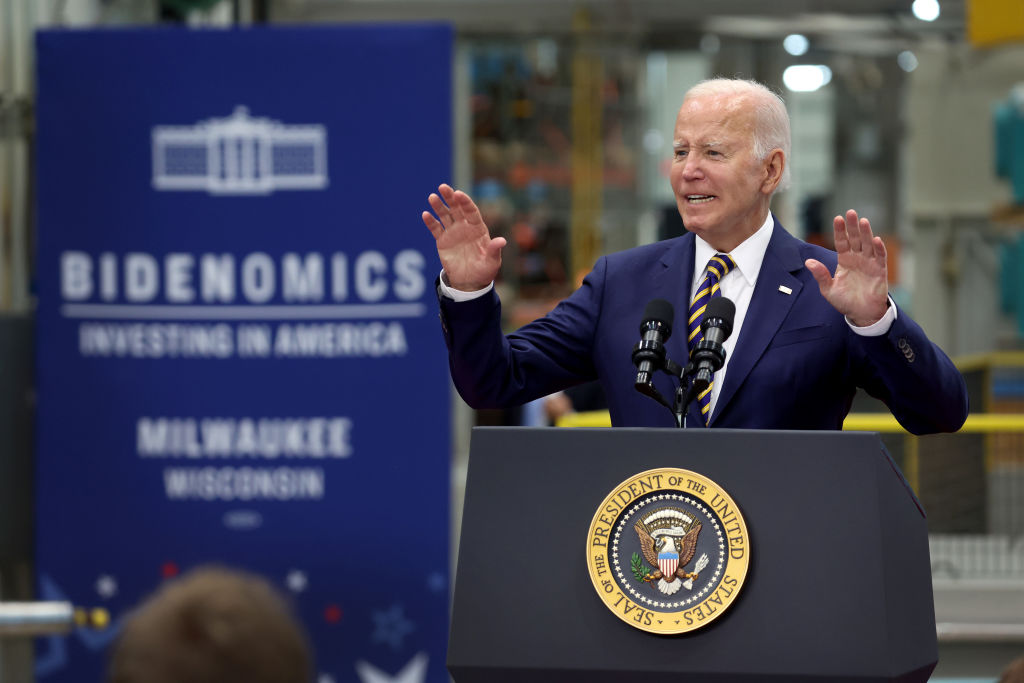A new report reveals that a growing number of Americans are struggling financially, with 61 percent living paycheck to paycheck, according to a survey by LendingClub. The study highlights the increasing financial burden felt by many, with 78 percent of consumers earning under $50,000 and 65 percent of those earning between $50,000 and $100,000 annually barely managing to make ends meet.
Even among higher earners, financial strain is evident, with 44 percent of those earning over $100,000 also living paycheck to paycheck. “Consumers are undoubtedly continuing to feel the impact of inflation and rising interest rates,” said Chris Fred, head of TD Bank’s credit cards and unsecured lending.
Credit card debt has reached a staggering $1.03 trillion in the second quarter of the year, with delinquency rates hitting 7.2 percent. Mark Zandi, Moody’s Analytics chief economist, suggested that these figures reflect the difficult decisions many households face, such as choosing between paying credit card bills, rent, or buying groceries.
Neil Saunders, managing director for retail at GlobalData, emphasized the immense pressure on consumers, stating, “It underlines how much some consumers are under pressure, and it’s one of the cracks that’s appearing in the consumer economy.”
Economist David Rosenberg warned that a recession could be imminent, with the rising debt potentially pushing the nation into economic downturn. He compared the current situation to the subprime mortgage crisis 15 years ago, suggesting that an erosion in credit quality could be the precursor to a recession.
The report also blamed the Biden administration’s economic policies for exacerbating the situation. House Ways and Means Committee Chairman Jason Smith stated, “Under Republican economic policies, job growth reached historic highs while lower-income workers saw fifty percent higher wage growth than high-income earners. Today, under President [Joe] Biden, the situation is reversed, and lower-income workers are suffering the most.”
Inflation has also played a significant role in the financial struggles of many Americans. The cost of living has reportedly risen by 16 percent since Biden took office, reducing spending power.
Tiana Lowe Doescher noted in an Op-Ed in the Washington Examiner that the impact of inflation is even more severe when considering specific categories where the least privileged spend a disproportionate amount of their incomes. She cited increases in the consumer price index for food (19 percent), electricity prices (23 percent), used car prices (30 percent), and car repair costs (23 percent) as examples of the financial pressures facing many Americans.













